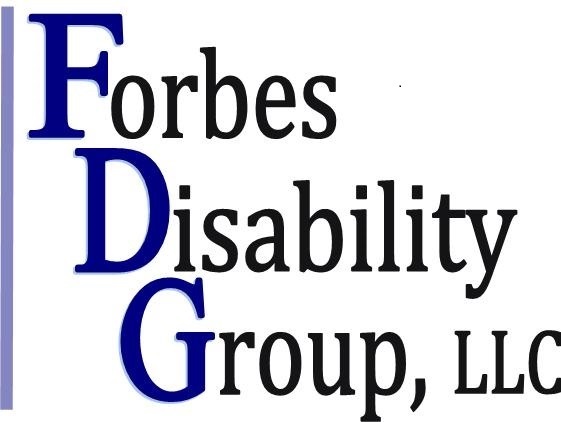At Forbes Disability Group, LLC, we have been using the “HITECH” Act to more efficiently and effectively order electronic copies of medical records for our clients. This is a more beneficial way of ordering records, as it reduces the cost of obtaining medical records for both ourselves and our clients, increases privacy and protection of the records, and yields more compliance with healthcare providers when requesting the records.
What is the HITECH Act?
HITECH stands for the Health Information Technology for Economic and Clinical Health Act, which Congress signed into effect in 2009 to “promote the adoption and meaningful use of health information technology” by covered entities. According to the regulations implementing the Act, covered entities include:
(1) A health plan
(2) A health care clearinghouse
(3) A health care provider who transmits any health information in electronic form
Why do we use the HITECH Act to order records?
When using the traditional method of requesting hard copies of records, healthcare providers can charge an access fee, a sometimes-hefty “per-page” copying fee, shipping cost, and sales tax on the entire request. For some large medical records, with several hundreds of pages, this can end up costing several hundreds of dollars or more per record request. With medical records more seamlessly now available electronically, the HITECH Act aims to keep to a minimum the cost of accessing records on the patient’s behalf. For records under the HITECH Act, the cost shall not be greater than the entity’s actual costs in responding to the request for the copy.
These fees can only include the cost of supplies for and labor of copying and preparing the information, and postage, keeping the cost of obtaining the records relatively low, typically under ten dollars.
What this means for our clients:
With the adoption of this new method of obtaining records for our clients, a signed HITECH release form is needed when ordering medical records. This new form is similar to our traditional authorization and release forms but updated with the new HITECH stipulations. The same rules apply for healthcare providers in that they must comply with HIPAA (Health Insurance Portability and Accountability Act of 1996) regulations when fulfilling the request. We will likely send out this request when applicable. This allows us the same privileges and expectations that would come with a traditional request, in that it is secure, accurate, and typically requires records be produced within the HIPAA-specified timeframe of 30 days.
Sources
- 42 U.S.C. § 17935(e)(2)
- 45 CFR § 160.103; 45 C.F.R. 164.524(c)(4)(i)-(iii)
- S. Department of Health & Human Services, HITECH Act Enforcement Interim Final Rule, accessed November 6, 2018 https://www.hhs.gov/hipaa/for-professionals/special-topics/hitech-act-enforcement-interim-final-rule/index.html
- S. Department of Health & Human Services, Covered Entities and Business Associates, accessed November 6, 2018 https://www.hhs.gov/hipaa/for-professionals/covered-entities/index.html
- Individuals’ Right under HIPAA to Access their Health Information, accessed November 30, 2018 https://www.hhs.gov/hipaa/for-professionals/privacy/guidance/access/index.html

Recent Comments